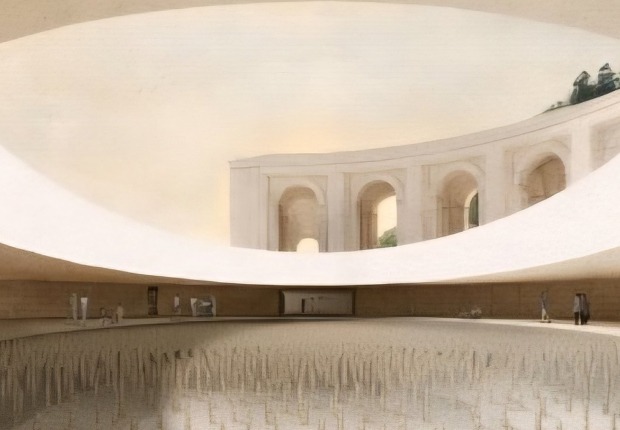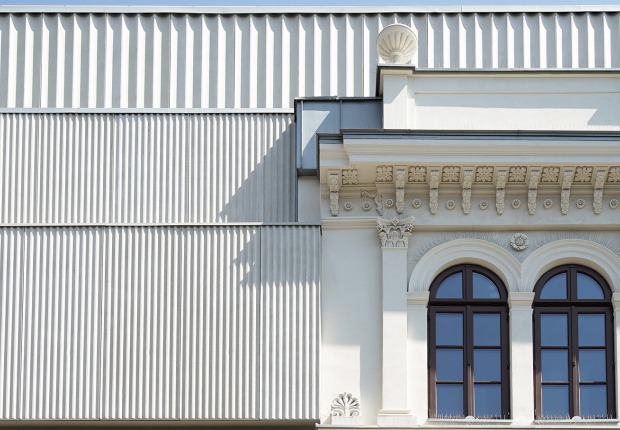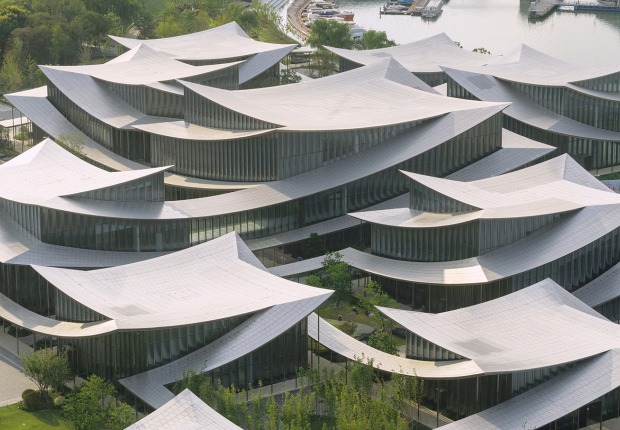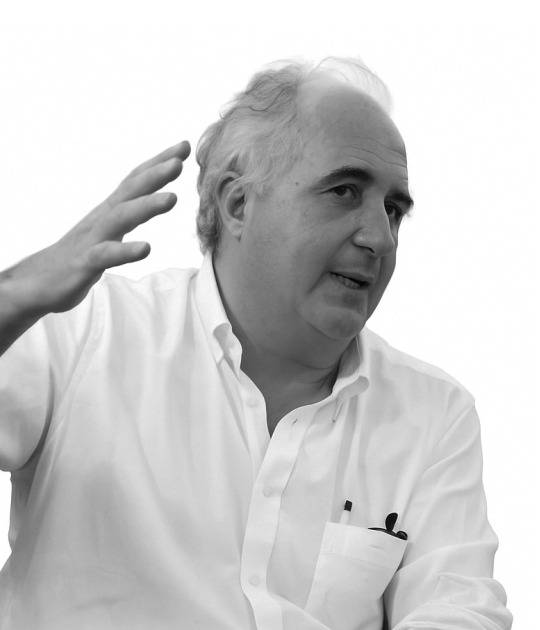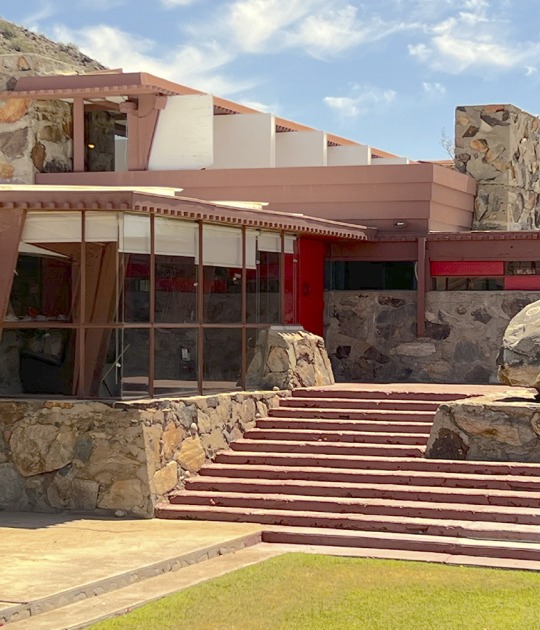Rykwert was born in Warsaw (Poland) in 1926 and moved to the United Kingdom in 1939, at the beginning of the Second World War. He studied at the Architectural Association and the Bartlett School of Architecture and obtained his PhD at the Royal College of Art in 1967.
He taught at the Hammersmith School of Arts & Crafts and later at the Ulm School of Design from 1958, later becoming a librarian and tutor at the Royal College of Art from 1961 to 1967, where he obtained his PhD. He was a Professor of Art at the University of Essex, a post he held from 1967 to 1980 when he moved to Cambridge to serve initially as Slade Professor of Fine Art and then as Professor of Architecture. Here Rykwert continued his influential master's program, taught by architecture critic Dalibor Vesely. In 1988 Rykwert was appointed Paul Philippe Cret Professor of Architecture at the University of Pennsylvania, a position he held until 1998; he was professor emeritus. He was also a visiting professor at prestigious universities and taught, throughout his career, a whole generation of historians and architectural theorists.
Decades later, in 2012, Rykwert published an important essay titled Does Architecture Criticism Matter? In it, he outlined the architecture critic’s precarious position in the age of starchitecture.
“Criticism may seem irrelevant to any talk about buildings at this high point of starchitecture. Criticising starchitects may be like making disparaging comments at a pop concert, however, unlike starchitecture, pop music does seem to have bred a culture of shrewd critics though their words, however sharp, seem unable to pierce even the most inflated bubble reputations.
I have always believed that the critic must be a fighter. To do so they must have a base from which to operate, not only the obvious one of a newspaper, periodical, radio or television programme or blog which will make their views public but, more intimately, a clearly articulated notion of what they think society must expect of its builders. This does not mean only architects, but also developers, local and central government, and all those others who frame the programmes on which the architect must operate.”
Joseph Rykwert





